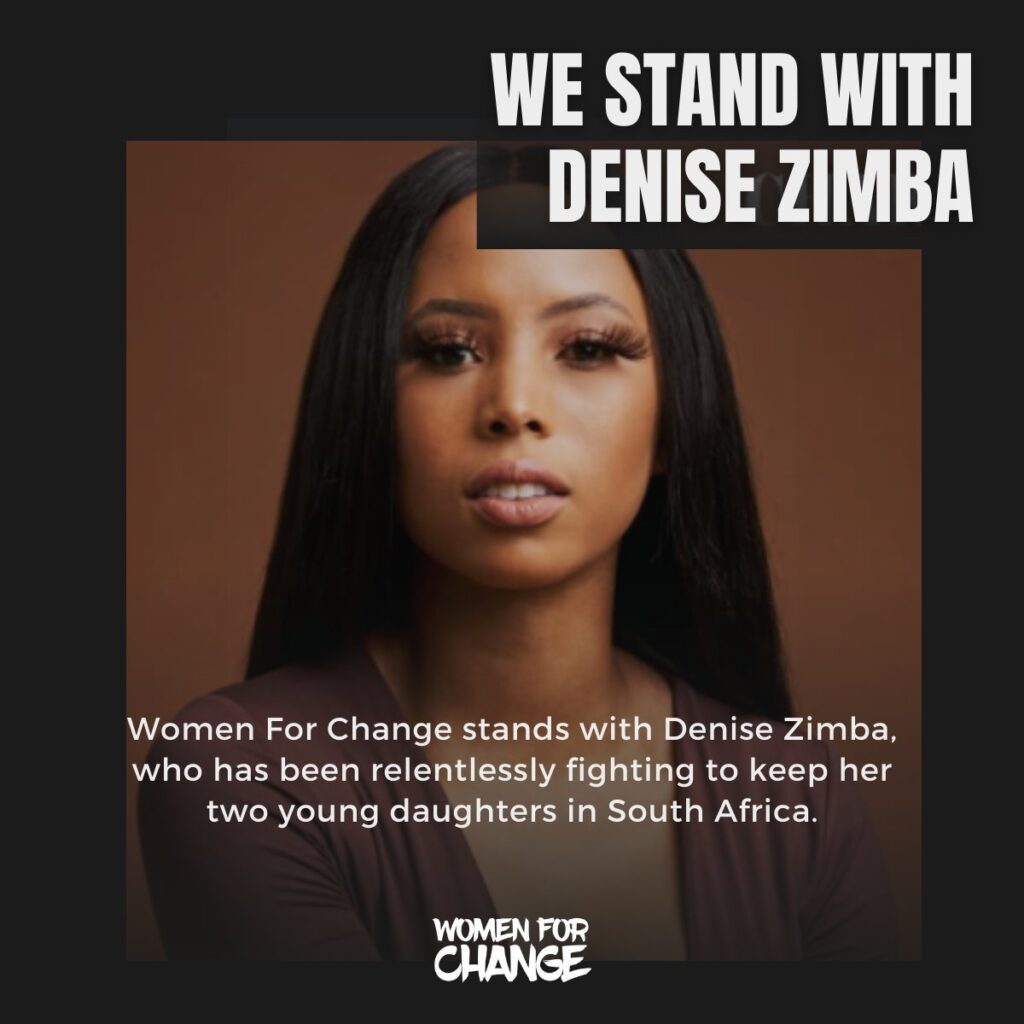
The Dangers of Believing False and Unverified Information: The Cases of Sjava and Denise Zimba
From singer-songwriter Sjava being caught in the controversy of being accused of yet another rape allegation to social media standing behind Denise Zimba after rightfully losing custody of her two children, the past three days have been a cautionary reminder of the power of social media and how easy it is to sway public narratives. Whether the topic in question involves a fave or calls for the cancellation of an individual, there’s been a growing trend of people peddling fake news without verifying the details and a disconcerting pattern of users of social media passing off injurious information as facts.
Last week Friday, the awareness and Gender-Based Violence NPO Women for Change posted an X status concerning Denise Zimba losing primary custody of her two daughters at the Johannesburg High Court, meaning that they would be going back to Germany to live with her ex-husband. The post, now standing at over 3 million impressions, positioned Denise as being a victim of an unfair verdict, while ignoring the fact that, prior to bringing the children here to South Africa, Germany was their primary home and they had been taken without the father having a say in them remaining in South Africa.

Poster by Women for Change Supporting Denise | SUPPLIED
Read more here
Before an IOL article published several years ago resurfaced, the majority of social media users sided with Denise by default, despite not having any solid argument that is grounded in reason and law. Perhaps the reason for this occurrence was sympathy, since Zimba has had to deal with the pain of divorce and losing a close friend of many years because her ex-husband had cheated with her. And now she had, by law, lost a primary caregiving position in her children’s life. However, with that said, it is important to stay rooted in facts and verified information so that proper support can be afforded to those involved and those in the wrong can be held accountable from a place of truth and sincerity.
Another person who almost felt the wrath of wrongful social media reporting was afro-pop singer-songwriter Sjava, who was the centre of attention on the 10th of March 2025 after the proliferation of a rumour which alleged that he had sexually assaulted former Ambitiouz Entertainment colleague and songstress Amanda Black. Before the “Amazulu” hitmaker confirmed on her Instagram and her Facebook accounts that Sjava had done none of what he was being accused for, social media was polarised. Some said that “We Believe Amanda Black”, while citing the Lady Zamar and Sjava saga to back up their support, and others stood by Sjava, noting that there was no evidence and that Amanda Black had not said anything of such a nature, neither in an interview, nor on social media.
The source of the rumour has not been pinpointed till now.

A screenshot from Amanda Black’s Instagram | SUPPLIED
While clarity has been given in both these situations, the potential devastation and negative impact had the fire remained unchecked would’ve been detrimental for the lives of both the falsely accused and it would’ve fostered even more social division between men and women. As of now, those who were ready to have Sjava’s head on the block are now nowhere to be seen, and nobody is putting their hand up and being accountable despite having fingers stained with the dust of the rocks they threw in a fit of collective yet unjustified outrage.
In a country such as a South Africa, which continues to face the scourge of sexual violence and the unfair treatment of women, cases that thrive on false information and the unethical court of public opinion and cancellation are more likely to damage the integrity of the stories of real victims and those who will not want to come forward in future because they fear not being believed and being questioned and invalidated by those frustrated with the impundent lies of those who turn serious issues into games of power.
Deleterious Information needs to be verified first, and every source questioned. These are the lives and livelihoods of people, not click-bait, engagement opportunities, and personal vendetta scapegoats.


